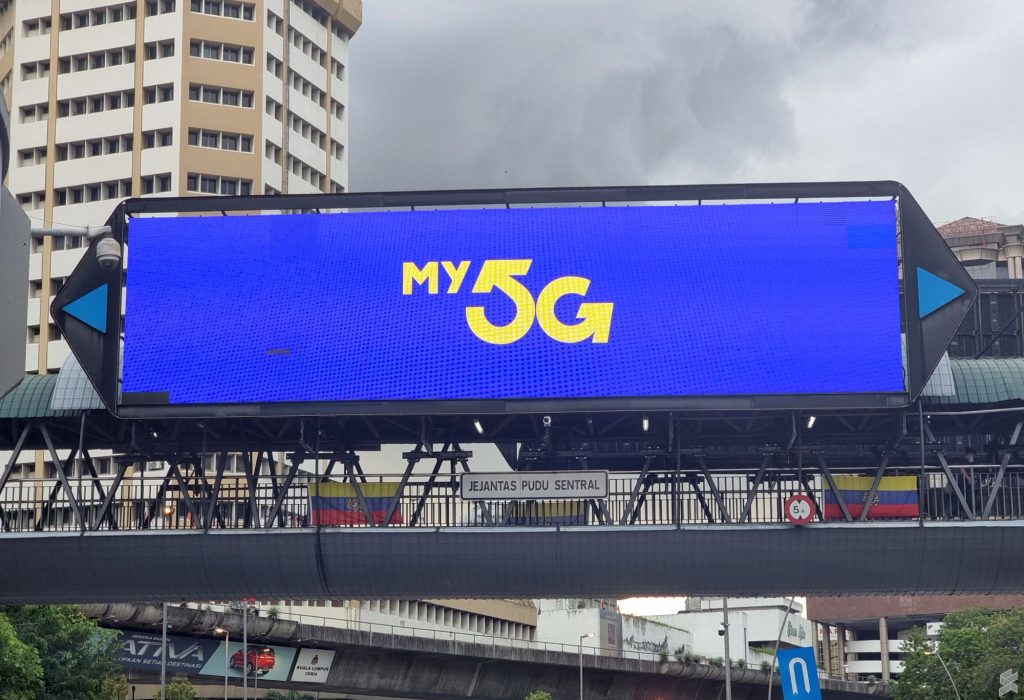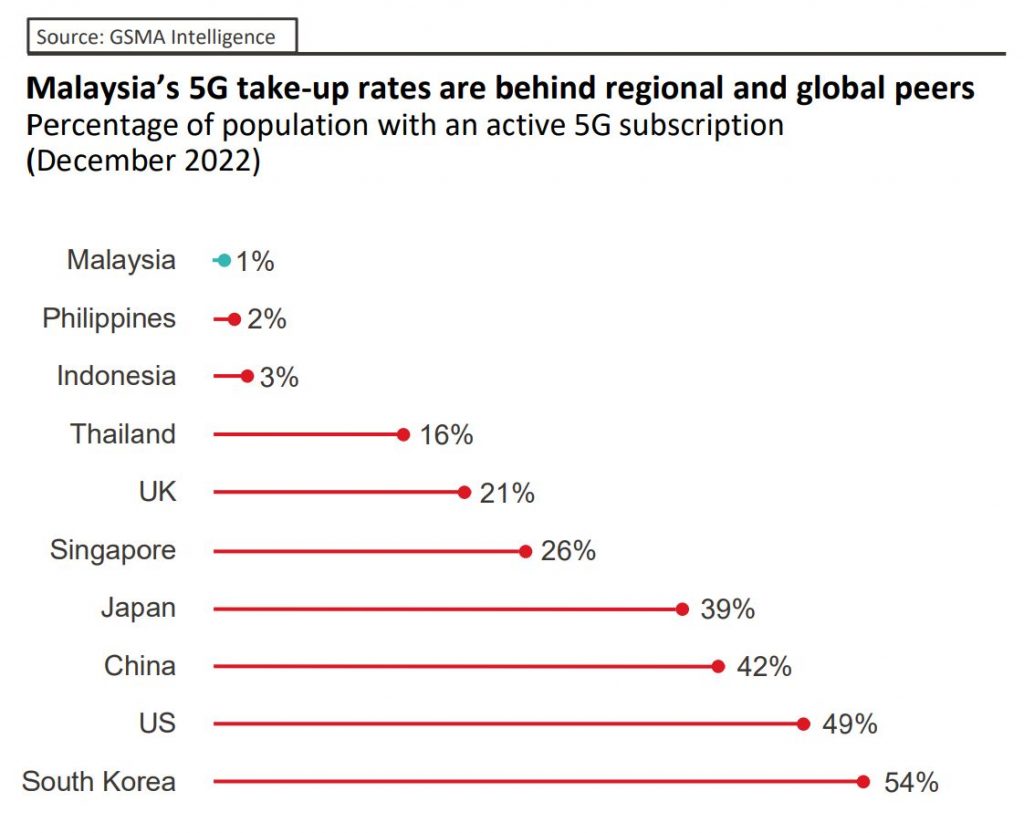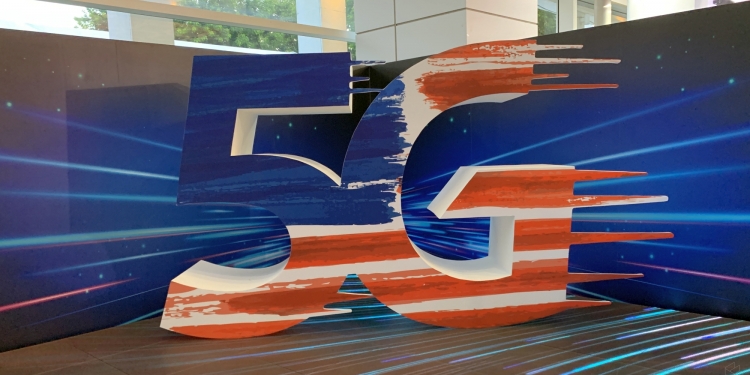The Financial Times has published a report alleging that the EU and US have warned Malaysia against changing its current 5G deployment via Digital Nasional Berhad as the Single Wholesale Network. The UK-based paper claims that envoys to the US and EU have written to the Malaysian government, expressing concerns about the ongoing 5G review announced by Anwar Ibrahim.
The report said Brian McFeeters, the US ambassador to Malaysia, warned of “national security risks” unless Malaysia retains its current 5G plan. The letter also said senior Washington officials agree with the view that upending the existing 5G model would undermine the competitiveness of new industries, stall 5G growth in Malaysia and harm Malaysia’s business-friendly image internationally.
Meanwhile, Michalis Rokas, the ambassador and head of the EU delegation to Malaysia, said any change would “likely impact negatively and significantly the contractual terms agreed upon at the time of the launch of the open tender,” as reported by Financial Times. He added any change will not only impact the selected contractor but is likely to affect Malaysia’s attractiveness as a business destination for EU investors, especially high technology sectors that rely on trusted 5G vendors.
The report seems to suggest that the US and EU were concerned about the possibility of Huawei participating in Malaysia’s 5G rollout if a second 5G network was allowed. The US has blacklisted Huawei and they have been pressuring its allies including the EU to restrict the Chinese tech giant’s involvement in the 5G network rollout.

At the moment, Swedish telecommunications giant, Ericsson, is the sole 5G vendor appointed by DNB to roll out 5G nationwide. Ericsson was awarded the 5G contract worth RM11 billion after a three-month tender process. According to DNB, Ericsson was picked out of four players and their estimated cost was around RM700 million lower than the next closest bid.
It is worth highlighting that both the US and the EU do not adopt the Single Wholesale Network approach to deploy 5G in their respective markets. Instead, they have multiple 5G networks which provide infrastructure competition as per normal industry standards.
Despite the US ban, Huawei has deployed live 5G networks in EU countries including Germany, Spain, France and Italy. However, there are renewed calls to ban or remove Chinese-made equipment from their networks over security concerns. Huawei has repeatedly denied the security allegations and has challenged countries to show proof of security threats.
The calls made by the US and the EU are odd considering several EU countries are still using Huawei equipment for their 5G networks and these countries do not adopt a single wholesale network and single vendor approach for 5G rollout.
GSMA has reiterated calls for Malaysia to enable 5G infrastructure competition to boost adoption and encourage innovation. Previously, it has highlighted concerns about the single wholesale network model which has faced various challenges including delays and financial losses such as in Mexico, Rwanda and Belarus. The organisation representing mobile network operators highlighted that without competition, the incentive and motivation for innovation and investment that explore the boundaries of 5G’s potential in Malaysia will lag behind regional peers.

At the moment, Malaysia’s 5G adoption rate is among the lowest in the region at just 1% as of 31st December 2022 despite 5G population coverage at 54.7% as of 31st March 2023. Malaysia currently aims to achieve 80% 5G population coverage by the end of 2023, which is one year ahead of DNB’s original timeline.
Malaysia has yet to conclude its 5G review which was supposed to be finalised by the end of March. It was reported that Malaysia is considering allowing a second 5G network to break DNB’s monopoly next year.
[ SOURCE ]







